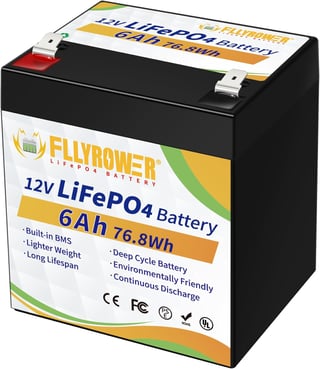I would like to use a pre-assembled 12V-rated LiFePO4 battery pack such as the one advertised here. Due to nature of intended use I'm currently focusing on a charging setup where the load is connected to the battery while it is being charged. If I understand correctly in such a case a battery might consume most of the current from the energy source (e.g. solar panel via charger) while the remaining is consumed by the load.
The problem with the battery packs advertised is that a more detailed information, such as whether this configuration is allowed, isn't given. Therefore I'm wondering whether can I simply assume all such battery packs with internal BMS are capable of just that? Or is that likely not the case? Could it happen that battery internal electronics would recognize this situation as faulty and would disconnect the battery?
On the other hand, should I not find a pre-assembled battery pack that allows a load to be connected to it while the battery is being charged, I would aim for assembling individual cells on my own with either ready-to-go BMS board or designing my own. In either case this second option is more cumbersome and would prefer to go with a budget battery pack if it would allow such charging scheme.

